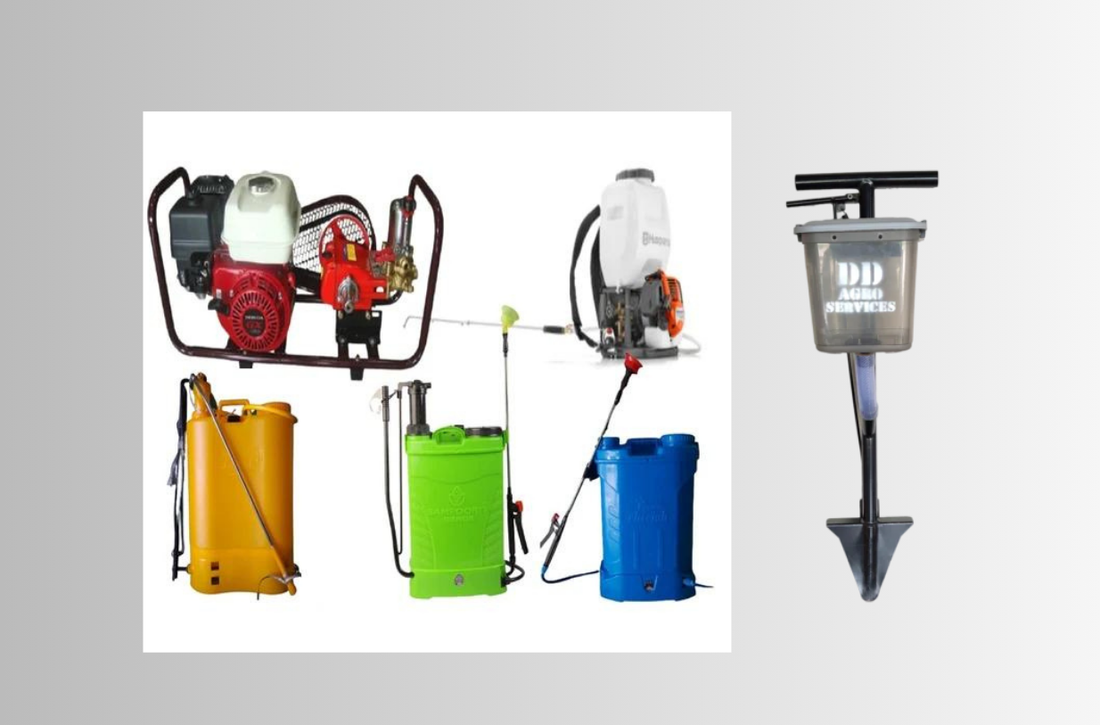Introduction
Fertilizers are essential for the healthy growth of plants, whether in gardens, lawns, or agricultural fields. The ongoing debate of granular vs. liquid fertilizer raises many questions about which type is more effective. This article will delve into the difference between granular vs. liquid fertilizer, their benefits, and which one might suit your needs best.
What is Granular Fertilizer?
Granular fertilizer is composed of solid granules that are spread across the soil surface. These granules dissolve slowly, providing nutrients over time. Granular fertilizers come in two forms: slow-release and quick-release. Slow-release granules break down over several months, offering a steady supply of nutrients, while quick-release granules dissolve faster, delivering nutrients immediately.
Advantages of Granular Fertilizer
There are several benefits to using granular fertilizer:
- Long-lasting effects: Slow-release granules provide nutrients over a longer period, reducing the need for frequent application.
- Ease of storage: Granules are easy to store and have a longer shelf life compared to liquid fertilizers.
- Cost-effective: Often, granular fertilizers are more affordable and economical for larger areas.
Disadvantages of Granular Fertilizer
However, granular fertilizer also has some drawbacks:
- Uneven distribution: Granules can be spread unevenly, leading to inconsistent nutrient availability.
- Slow absorption: Nutrients from granules are absorbed slower compared to liquid fertilizers, which might not be ideal for immediate needs.
What is Liquid Fertilizer?
Liquid fertilizeris a concentrated solution of nutrients that is diluted with water and applied to plants. It can be sprayed directly onto the foliage or watered into the soil. Liquid fertilizers are typically used for quick nutrient delivery and are often preferred for their ease of application.
Advantages of Liquid Fertilizer
Liquid fertilizerhas several benefits:
- Fast nutrient absorption: Liquid fertilizers are quickly absorbed by plants, making them ideal for addressing immediate nutrient deficiencies.
- Even application: When diluted properly, liquid fertilizers can be evenly distributed, ensuring uniform nutrient availability.
- Flexibility: Liquid fertilizers can be used in various application methods, including foliar feeding and soil drenching.
Disadvantages of Liquid Fertilizer
Despite its advantages, liquid fertilizerhas some cons:
- Frequent application needed: Because liquid fertilizers are quickly absorbed, they need to be applied more frequently.
- Higher cost: Liquid fertilizers can be more expensive, especially when covering large areas.
- Shorter shelf life: Liquid fertilizers can degrade faster and require careful storage.
Granular vs. Liquid Fertilizer for Lawns
When considering granular vs. liquid fertilizer for lawns, it's important to weigh the specific needs of your lawn:
- Granular fertilizers are great for long-term nutrient supply, making them suitable for regular maintenance.
- Liquid fertilizers are ideal for quick green-up and treating nutrient deficiencies.
Is Liquid Fertilizer Better than Granular?
Deciding whether liquid fertilizer is better than granular depends on several factors including the type of plants, soil conditions, and specific nutrient requirements. Each type has its unique advantages and potential drawbacks, and the choice should be based on your specific gardening or agricultural needs.
Environmental Impact
The environmental impact of granular vs. liquid fertilizer is also a crucial consideration:
- Granular fertilizers can lead to nutrient runoff if not applied correctly, potentially harming local water sources.
- Liquid fertilizers can be more prone to leaching, especially if over-applied or used incorrectly.
Best Practices for Using Granular Fertilizer
To maximize the benefits of granular fertilizer, follow these best practices:
- Apply during the growing season to support plant development.
- Use a spreader for even distribution.
- Water after application to help granules dissolve and reach the root zone.
Best Practices for Using Liquid Fertilizer
Effective use of liquid fertilizer involves:
- Applying during early morning or late afternoon to avoid evaporation.
- Using a sprayer for even application.
- Following the manufacturer's dilution instructions to prevent plant burn.
Granular vs. Liquid Fertilizer: Cost Comparison
When comparing the costs of granular vs. liquid fertilizer, consider:
- Granular fertilizers generally have a lower upfront cost and are economical for large areas.
- Liquid fertilizers may have higher initial costs but can be more efficient for targeted nutrient delivery.
Final Thoughts
The choice between granular vs. liquid fertilizer ultimately depends on your specific needs and preferences. Both types offer unique benefits and drawbacks, and the best choice varies based on the specific requirements of your plants and soil conditions.
Conclusion
Choosing between granular vs. liquid fertilizerrequires careful consideration of your gardening or farming needs. Whether you prioritize long-term nutrient release or immediate nutrient availability, each fertilizer type has something to offer. For personalized advice and high-quality fertilizer products, visit www.agri-route.com or our physical location at Office No 13 A, Building-A, 2nd Floor, City Vista, Kharadi, Pune - 411014, Maharashtra (India). Contact us at 07620144503.






